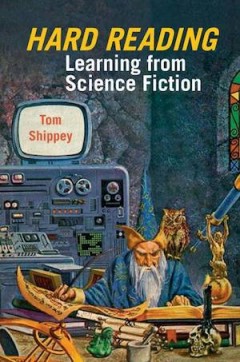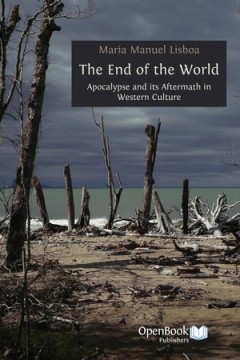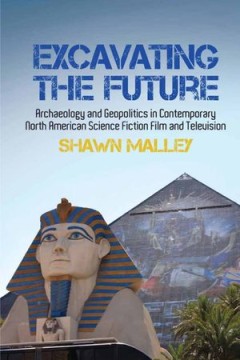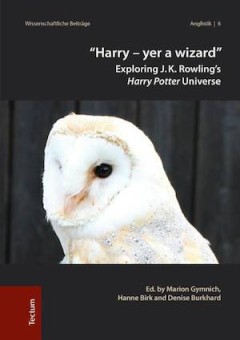Filter by

Hard Reading : Learning from Science Fiction
The fifteen essays collected in Hard Reading argue that science fiction has its own internal rhetoric, relying on devices such as neologism, dialogism, semantic shifts, the use of unreliable narrators. It is a “high-informationâ€_x009d_ genre which does not follow the Flaubertian ideal of le mot juste, “the right wordâ€_x009d_, preferring le mot imprévisible, “the unp…
- Edition
- -
- ISBN/ISSN
- 9781781382615
- Collation
- -
- Series Title
- Liverpool Science Fiction Texts and Studies
- Call Number
- 800 SHI h

The End of the World : Apocalypse and Its Aftermath in Western Culture
Our fear of the world ending, like our fear of the dark, is ancient, deep-seated and perennial. It crosses boundaries of space and time, recurs in all human communities and finds expression in every aspect of cultural production—from pre-historic cave paintings to high-tech computer games.
- Edition
- -
- ISBN/ISSN
- 9781906924522
- Collation
- 219 halaman
- Series Title
- -
- Call Number
- 800 LIS e

Excavating the Future : Archaeology and Geopolitics in Contemporary North Ame…
Well-known in science fiction for tomb-raiding and mummy-wrangling, the archaeologist has been a rich source for imagining ‘strange new worlds’ from ‘strange old worlds.’ But more than a well-spring for SF scenarios, the genre’s archaeological imaginary invites us to consider the ideological implications of digging up the past buried in the future. A cultural study of an array of very…
- Edition
- -
- ISBN/ISSN
- 9781786941190
- Collation
- -
- Series Title
- Liverpool Science Fiction Texts and Studies
- Call Number
- 900 MAL e

"Harry - yer a wizard": Exploring J.K. Rowling's Harry Potter Universe
J.K. Rowling's Harry Potter series (1997-2007) has turned into a global phenomenon and her Potterverse is still expanding. The contributions in this volume provide a range of inter- and transdisciplinary approaches to various dimensions of this multifacetted universe. The introductory article focuses on different forms of world building in the novels, the translations, the film series and the f…
- Edition
- -
- ISBN/ISSN
- 9783828867529
- Collation
- -
- Series Title
- -
- Call Number
- -
 Computer Science, Information & General Works
Computer Science, Information & General Works  Philosophy & Psychology
Philosophy & Psychology  Religion
Religion  Social Sciences
Social Sciences  Language
Language  Pure Science
Pure Science  Applied Sciences
Applied Sciences  Art & Recreation
Art & Recreation  Literature
Literature  History & Geography
History & Geography